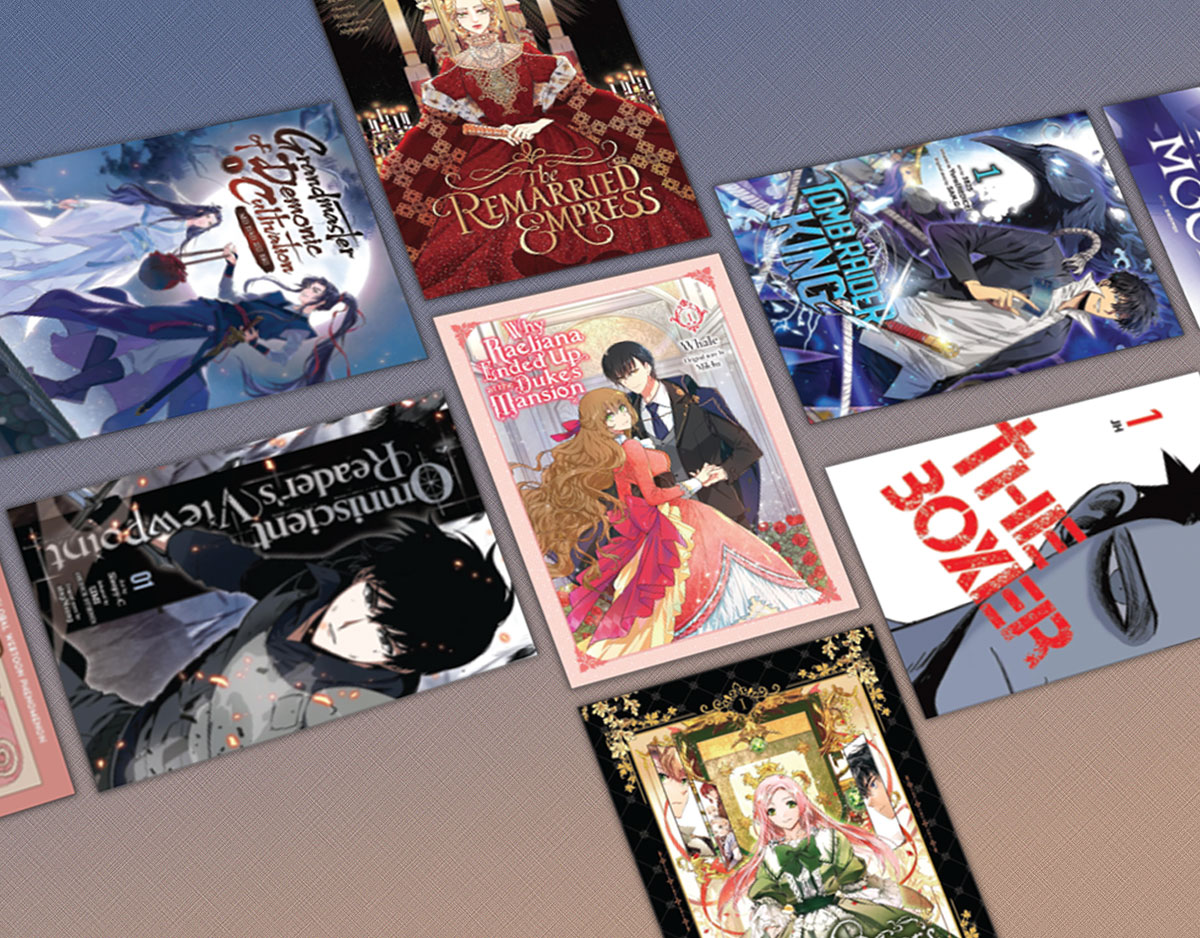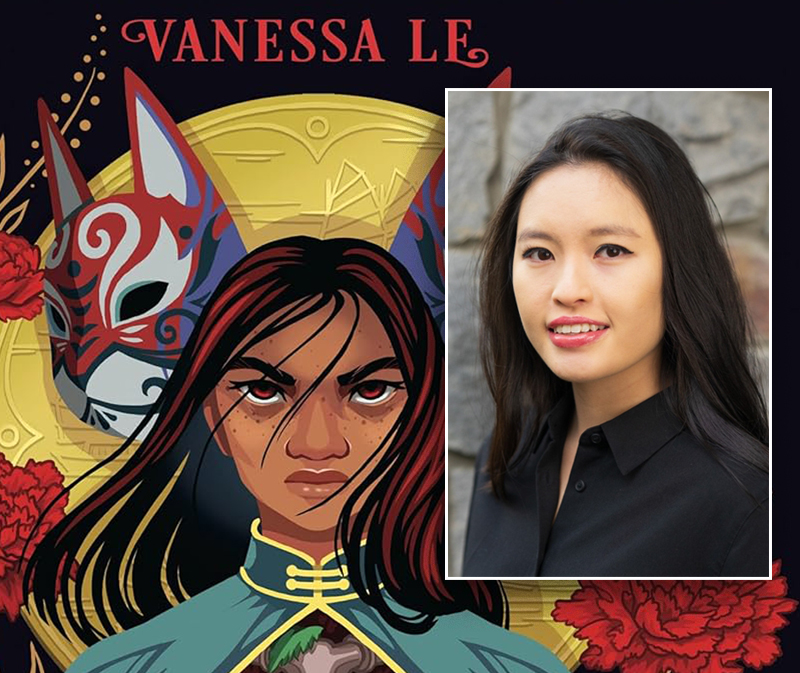SCROLL DOWN TO READ THE POST
Holmes and Watson: Too Archetypal For Their Own Good?
 In case you missed it, earlier in the year there was a bit of, um, concern around some casting for CBS’s upcoming Sherlock Holmes TV series. Namely: Lucy Liu is set to play the role of Watson. As a result, you can hear the following lament implicitly, even explicitly, in places like this: there go those Yanks again, messing up a good thing by trying waaaay too hard to be hip, or to appeal to a wider audience, or both. Of course one doesn’t need to be a Brit to object to such news, although the fact that the current UK series Sherlock does stay relatively true to the spirit of Conan Doyle’s Doc Watson is a big point in its favor. (The fact that Irene Adler and Moriarty are far more, er, colorful is beside the point… I guess.)
In case you missed it, earlier in the year there was a bit of, um, concern around some casting for CBS’s upcoming Sherlock Holmes TV series. Namely: Lucy Liu is set to play the role of Watson. As a result, you can hear the following lament implicitly, even explicitly, in places like this: there go those Yanks again, messing up a good thing by trying waaaay too hard to be hip, or to appeal to a wider audience, or both. Of course one doesn’t need to be a Brit to object to such news, although the fact that the current UK series Sherlock does stay relatively true to the spirit of Conan Doyle’s Doc Watson is a big point in its favor. (The fact that Irene Adler and Moriarty are far more, er, colorful is beside the point… I guess.)
Now, I’m not about to wade into these kind of fandom-infested waters (I’ll also stay mum on whether Doctor Who should ever have a female lead) with my own opinion on this contentious gender issue. On the other hand, I won’t hide the fact that one my favorite Watsons of all time was played by a woman. (Yes, you’ll have to keep reading to find out what I’m referring to. Sorry.) Oh, and of course in his later years Holmes did have a female partner, one whom he eventually married—at least that’s how things play out in Laurie R. King’s novels, although the argument could be made that there the famous detective is himself the sidekick to young Mary Russell.
ADVERTISEMENT
ADVERTISEMENT

At any rate, what’s most interesting about all this, at least in terms of exploring pop culture critically with young people, is the whole idea of the general vs. the specific, or the archetypal character vs. that same character as an individual.
That is, should a fan allow for the fact that the archetypal nature of a beloved character naturally, even inevitably, leads to updates that a purist might object to? And should such a fan be flattered, rather than annoyed, that their fan object can be so altered and re-interpreted, often “radically”?
Or: do fans who develop such a deep emotional attachment to the specifics of a given character rightly find any major departures from him/her offensive—as if those making those changes just don’t get it?
With this issue in mind, you might ask students which famous characters in literature have been best updated to today’s age… and why. The media is largely irrelevant—TV, comics, and even fanfic are all fair game. Some examples:
- Robin Hood
- Jane Austen’s creations
- Characters from fairy tales
- Dracula and other “classic” monsters
 That’s just a start. I’m even tempted to throw Shakespeare into the mix, but that’s a topic worth dealing with at greater length down the road.
That’s just a start. I’m even tempted to throw Shakespeare into the mix, but that’s a topic worth dealing with at greater length down the road.
ADVERTISEMENT
ADVERTISEMENT
In returning to the matter of Holmes, the key question here seems to be what makes Watson so archetypal. Is it his role as reader/audience surrogate in the manner of many sidekicks? Is it his comic relief role, which became wildly exaggerated in the famous Basil Rathbone-Nigel Bruce films but is still an element in today’s Sherlock? Or is the key thing about Watson his status as a war veteran and brave man of action—a trait that is wildly exaggerated in the current Guy Ritchie film series?
I’d hold that while all of these are true to an extent, it’s the cognitive and emotional style that’s central. As long as Watson is a level-headed linear thinker, and a champion of rationalism and orthodox methodology (the “doctor” part is key), then you have the basis for a solid Watson. That way he can play off the iconoclastic Holmes more effectively. After all, one of the greatest Holmes-&-Watson- inspired teamings in modern pop culture history featured a female “Watson” built on this very principle. Not sure what I’m talking about. Okay, here’s a picture:

Oh, and certainly I didn’t mean to sneak that word “inspired” into things, hoping that you didn’t notice it. In fact, that distinction could mean a world of difference to a fan. For example, if those producing the CBS series wanted to call it something like “Homer and Watkins” and present it a comedic homage, Sherlockians would no doubt grant it much wider leeway.
Which is why I think my favorite Watson variation is the one depicted below. It departs so widely from the source material and yet remains so true to its wonder and magic—that’s the point of the film really, the magic of Conan Doyle’s creations—that one can’t help but rediscover what’s inspiring about the Holmes & Watson yin-and-yang in a way that’s almost metaphysical. I’m talking about 1971‘s They Might Be Giants (which is actually based on a play), and yes, that’s where the famous pop group got its name. George C. Scott played Holmes, and Joanne Woodward played Dr. Watson. Now, if there were any justice in this world, the CBS series, which is similarly set in New York, would take its cue from this whimsically anti-hip film, and not simply try to outdo Sherlock’s cool factor. Then we’d be in for a real treat.
Filed under: English, Fandom, Movies, Television, Transliteracy
About Peter Gutierrez
A former middle school teacher, Peter Gutierrez has spent the past 20 years developing curriculum as well as working in, and writing about, various branches of pop culture. You can sample way too many of his thoughts about media and media literacy via Twitter: @Peter_Gutierrez
ADVERTISEMENT
SLJ Blog Network
One Star Review, Guess Who? (#202)
Review of the Day: My Antarctica by G. Neri, ill. Corban Wilkin
Exclusive: Giant Magical Otters Invade New Hex Vet Graphic Novel | News
Take Five: LGBTQIA+ Middle Grade Novels
The Classroom Bookshelf is Moving
ADVERTISEMENT
ADVERTISEMENT







